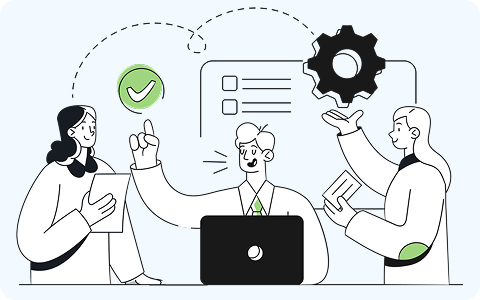
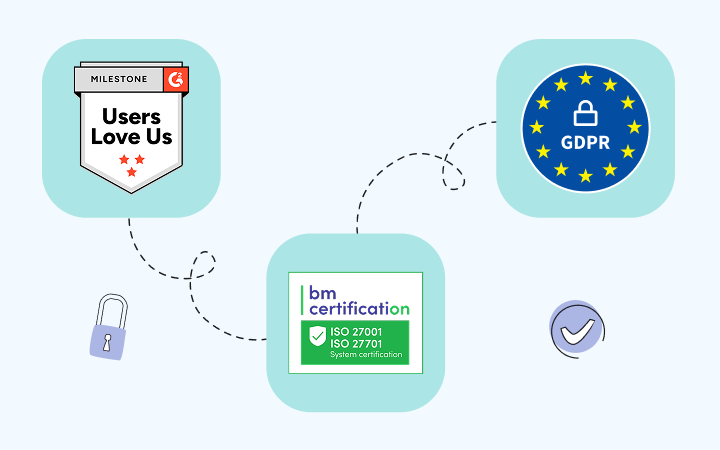
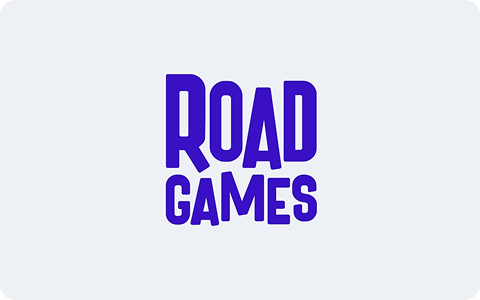
🍪 Allow functional cookies?
We use Zendesk messaging software for easy communication with our clients. Zendesk uses cookies to interact with website visitors and provide chat history.
See our Privacy Policy for more info. You can change your cookie preferences at any time in our Cookie Settings.
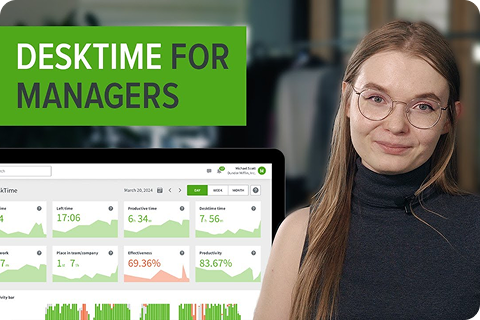



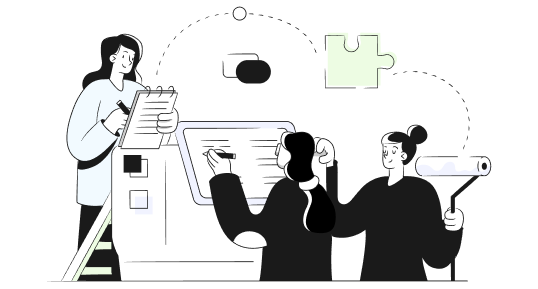
Discover how DeskTime's time tracking prevents burnout and overwork, empowers work-life balance, and cultivates a sustainable, high-performing work environment

Burnout is what happens when prolonged stress outweighs a person’s ability to recover, slowly building up over time. It starts with overcommitment and high pressure, leading to physical and mental fatigue, emotional detachment, and eventually complete collapse.
Recovery isn’t quick. It requires time, clear boundaries, and strong support systems. The good news is that burnout is preventable, but only if you recognize the signs and take action early.
Burnout will drive your best people out. Replacing experienced talent is costly and slows down critical projects.
Exhausted teams are slower, make more mistakes, and miss deadlines. This will hurt your bottom line and client trust.
Burnout kills creative thinking. When your team is just surviving, they’re not building the future of your business.
Dāvis Kurēns, COO of Roadgames
of employees have experienced burnout
more likely to take a sick day
times more likely to be job hunting
Use smart time tracking to spot overload early and take action before burnout sets in. With the right tools, you can build a healthier, more sustainable work culture where your team can thrive.

Dāvis Kurēns, COO of Roadgames
Flexible, cost-effective, and easy to use, DeskTime is designed to fit seamlessly into your daily routine.
DeskTime’s scheduling, private time, and productivity insights will help you spot overload early and support a healthier, more balanced team.
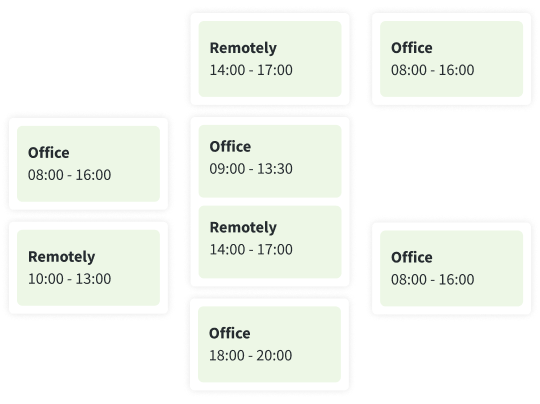
DeskTime’s Absence Calendar and shift scheduling tools help managers plan work more effectively and prevent accidental overloading of team members.
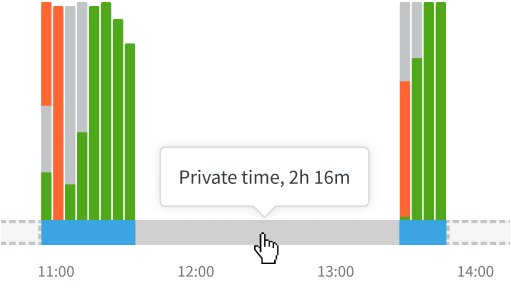
With DeskTime’s Private Time feature, employees can turn off tracking to step away for personal tasks without feeling monitored.
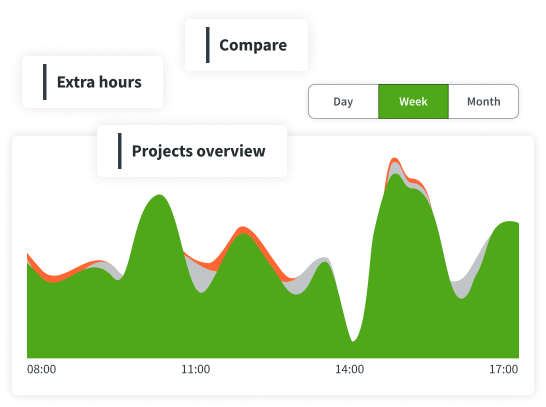
DeskTime tracks time spent on specific projects, so managers can spot when someone’s workload is consistently high.
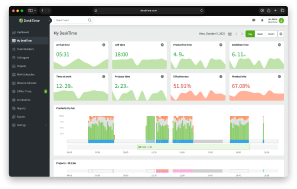
Want to see the ins and outs of DeskTime before signing up?
Try out our free Demo account!
Discover DeskTimeForget manual entries and distractions. With DeskTime, time tracking runs on autopilot—zero effort needed.